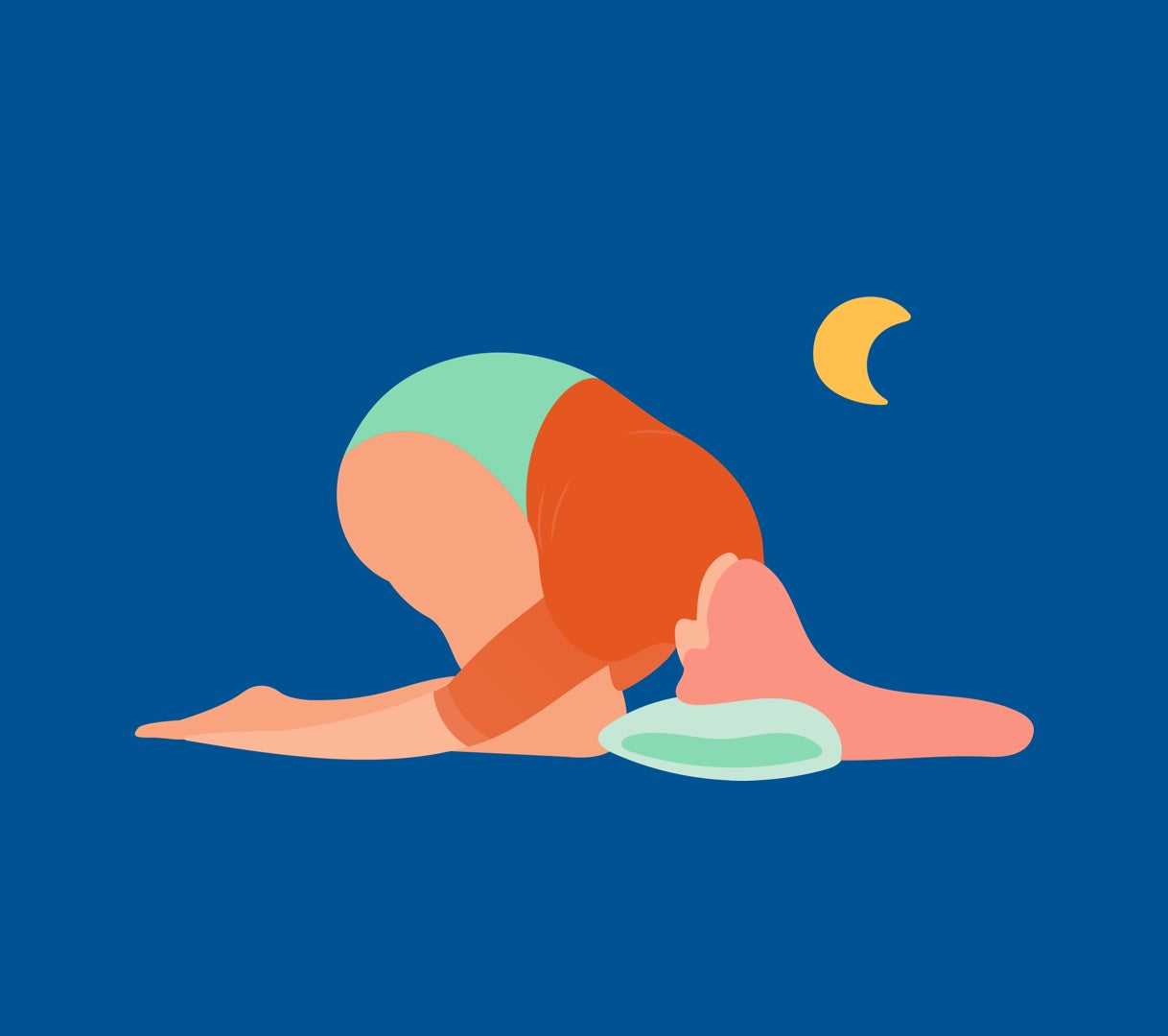Bodily does not provide medical advice, diagnosis, or treatment. The resources on our website are provided for informational purposes only. You should always consult with a healthcare professional regarding any medical diagnoses or treatment options.
What is this?
Sleep deprivation is, without a doubt, one of the hardest parts of being a new parent. At the same time that you’re adjusting to having an infant at home and all of the emotional and physical challenges of the postpartum period, you also have to function with poor sleep quality and fewer hours of sleep — missing the six to seven hours of sleep recommended for adults. That’s because newborns require care every two to four hours, day and night. The good news is it does get better.
How common is it?
Sleep deprivation is nearly universal for new parents with a baby at home. In a large, longitudinal study, a drop in both sleep duration and sleep satisfaction after the birth of a child was experienced by all participants, regardless of gender, age, household income or dual-versus-single single parenting.
How long does it last?
It can’t be sugar-coated: During the first three months postpartum, sleep duration and satisfaction are at their lowest. While newborns typically sleep for 16 hours in a 24-hour period, they have no concept of day or night, and they need to be fed, changed and tended to every couple of hours. Things usually improve at about the three-month mark as the baby is able to go longer without feedings. As babies’ bodies and brains get bigger, parents and caregivers can look forward to longer stretches of sleep (This handy chart details the amount of sleep babies require up to 2 years old).
What can be done to remedy it?
While easier said than done, the best way to deal with sleep deprivation is — no surprise — to get sleep whenever you can. When actual sleep isn’t possible, just resting quietly for a few minutes can be useful. Here are some other tips that may help:
Prioritize sleep over everything else
Anytime during the day or night that your baby is sleeping, you should be too. Try to temporarily ignore household or work tasks that may be piling up, and make naps your priority. Ask a family member, caregiver or friend to watch the baby so you can rest.
Do something that feels rejuvenating
If a nap isn’t possible, take a hot shower or a soothing bath. Even 15 minutes alone doing something you enjoy — whether that’s reading a book, sitting in a quiet space (even an empty office or break room at work) or going for a walk — can help you refocus and feel more relaxed.
Identify your support team before the baby arrives
Having coverage in the first weeks postpartum will allow you to prioritize your rest and will make recovery easier. Before you give birth, talk to the people in your inner circle about who can help out once the baby is born. Give them specific assignments — making meals, caring for the baby, helping out with household tasks. It’s also crucial to line up people who can help with feedings — many parents bottle-feed, using either pumped breast milk, formula or both. Having someone else who can take a feeding gives the primary caregiver a much-needed break.
When should I be worried?
Keep an eye out for insomnia — the inability to sleep even when there’s the opportunity to do so. In one study, insomnia affected 60% of mothers at eight weeks postpartum, and 40% at the two-year mark. Both sleep deprivation and insomnia are linked to postpartum depression and anxiety, so it’s important to talk to a doctor if your sleep is compromised and does not improve.




